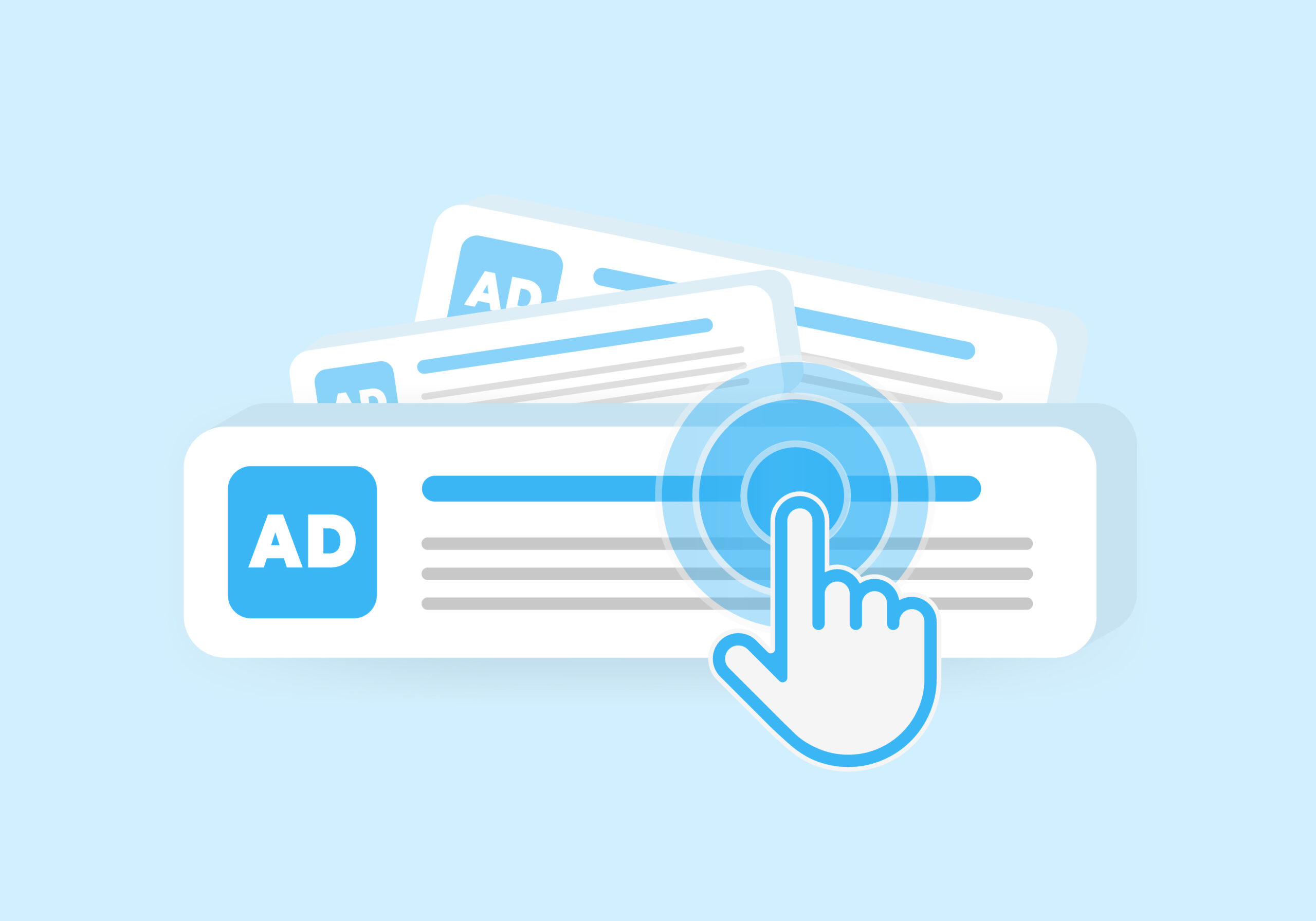Emerging Platforms for PPC Campaigns to Check Out in 2025

For years, the world of pay-per-click (PPC) advertising has been dominated by one name above all others. A staggering 98% of digital marketers say they use Google Ads for PPC campaigns, which translates into Google having a 90% share of the search advertising market – and a 39% share of total digital advertising revenues worldwide.
But while it’s hard to conceive of Google not being at the heart of the majority of PPC campaigns for years to come, it’s certainly no longer the only ticket in town. For a start, PPC isn’t just an option in search advertising. It’s a major part of social marketing, with upwards of 70% of marketers saying they now run campaigns on Facebook and Instagram.
Amazon’s PPC business, meanwhile – which includes its famous ‘sponsored’ product listings – has grown rapidly in recent years, reaching $46.7bn in global revenues in 2023, a massive 24% increase on the previous year.
The overall picture, then, is of a PPC market that is diversifying around the colossal presence that is Google Ads in the centre. More and more platforms, particularly in the social space but reaching into eCommerce, are making PPC plays to attract digital advertisers. With that, the number of available PPC formats is increasing, now covering image, video and in-app ads, as well as so-called ‘native’ ads that are designed to fit with the look and feel of a web page or platform. Amazon’s Sponsored ads are a good example of this, as they look exactly like any other product listing.
So, what are the up-and-coming PPC platforms to watch out for in 2025, and how do you choose the right ones to suit your brand?
What is a PPC Platform?
First, let’s start by setting our definitions straight and explain what a PPC platform is. Quite simply, a PPC platform is anywhere online where you can place pay-per-click ads. The two best known examples are search engines and social media although, as we’ve mentioned, large eCommerce sites and retail marketplaces like Amazon are also becoming more prominent.
But in broader terms, anywhere you can have a digital display ad can in theory be used for PPC, just as long as the host platform sets up the right infrastructure for pay-per-click advertising.
How does PPC Work?
Following on from this, it’s important to understand that PPC works in a very different way to display advertising. Display is much more like traditional print advertising. You in effect pay for space on a website, and for the number of times, the ad appears (known as ‘impressions’).
With PPC, you pay for interactions with your ad – it’s right there in the name, ‘pay-per-click’. The cost per click is determined by an auction process. Inevitably, that means the places that attract the highest traffic – the search results for the most commonly used keywords related to a topic, the most viewed social posts – are going to have the highest cost-per-click. Because they will have the most marketers bidding on them to try to get their ads in front of the most eyes.
To enable PPC advertising, platforms need the infrastructure in place to run the bidding, ad placement and charging processes. There’s a fair amount of complexity involved, with the need for algorithms to manage the bidding etc. Which is why only very big platforms tend to run PPC.
How does PPC Work?
Here are five PPC platforms to consider in 2025 beyond the ‘big three’ of Google, Meta (Facebook & Instagram) and Amazon.
Microsoft/Bing
While it still sits very much in Google’s shadow, Bing’s status as the second most-used search engine means it is already on the radar of many PPC advertisers. But a combination of the intense competition on Google changes to the Microsoft Advertising platform and the fact that more users are turning to Bing on desktops while Google use declines suggest that Microsoft might be a smart bet to include in PPC campaigns in 2025.
Bing offers various familiar search ad formats, including text, shopping, and audience ads, plus unique features like LinkedIn Profile Targeting, allowing advertisers to refine campaigns based on job function, industry, or company. With Co-Pilot integration, Microsoft Ads now also provides advanced AI-powered audience targeting options. With lower average cost-per-clicks (CPCs) than Google, it’s an attractive option for businesses aiming to maximize ROI on a smaller budget. And given the large number of desktop and workplace users, it’s a particularly good match for B2B campaigns.
Speaking of Microsoft Ad’s LinkedIn integration, the popular digital business network has its own PPC offer. With an audience of more than 1 billion professionals worldwide, LinkedIn is great for reaching decision-makers, allowing you to target ads by job title, industry, company size, and seniority. Unique ad formats include sponsored content for feed promotion, message ads for direct engagement, and dynamic ads for personalised outreach. There are also dedicated event ads designed to drive engagement for virtual and live events. Machine learning tools use past performance data to suggest optimal targeting and placement strategies,
CPC is higher than on many rival platforms. But this is justified by its proven ability to deliver high-quality B2B leads.
YouTube
Like Bing, Google-owned YouTube is hardly a newcomer to the PPC scene, and is already reportedly used by around two-thirds of PPC advertisers. However, new marketing features and the increasing importance of video mean that 2025 could be a good time to step up your use of the platform or get involved if you haven’t already.
One of YouTube’s most exciting recent innovations for marketers is its Bumper Machine feature, which lets you turn any video clip under 90 seconds in length into clickable ads – meaning you get to maximise your content resources for very little extra work or cost. Other features include skippable and non-skippable in-stream ads, and video discovery ads, with interactive features like call-to-action overlays and end screens to boost engagement.
YouTube’s advanced targeting allows advertisers to reach users based on demographics, interests, keywords, and custom intent audiences, ensuring precise ad delivery. Its low CPCs make it highly cost-effective, making it a great option for consumer product brands looking to build awareness over a sustained period.
TikTok
Despite recent controversies over its ability to operate in the US, TiKTok remains arguably the biggest disruptor in social marketing and an emerging force in PPC. Like YouTube, it underlines the growing importance of video-based advertising, while offering an ideal route to reaching younger audiences.
TikTok is also notable for its innovative ad formats. As well as conventional in-feed ads, it offers branded hashtag challenges, TopView ads, and spark ads, which allow brands to amplify their own content or user-generated posts featuring their products. TikTok’s targeting options cover demographics, interests, behaviours, and device types, along with custom and lookalike audiences for precise ad delivery. Its CPCs are low to moderate, although likely to increase as its popularity with advertisers increases.
For consumer-facing brands looking to reach younger audiences and integrate viral and interactive campaigns with paid-for advertising, TikTok should be top of the list of PPC platforms to try.
Reddit pre-dates all the other currently popular social media platform, and takes a different approach in important ways, too. Part content-sharing platform, part forum, Reddit allows users to stay anonymous and create their own online communities (subreddits) around shared interests.
This makes Reddit an excellent option for ad targeting, especially to niche audiences. And with more than 350 million users, there are a lot of niches to choose from. The platform offers ad formats like promoted posts, display ads, sponsored videos, and carousels. Targeting options include interest, community/subreddit and keyword, with custom audiences available for retargeting. CPCs are lower than most of its social media competitors. It’s especially useful for brands in industries like gaming and technology, where advertisers can connect directly with dedicated communities.
Choosing the Right PPC Platform for You
Compared to the days when PPC advertising meant working with Google Ads and nothing more, now is an exciting time to embrace PPC advertising. Choice brings opportunity. But advertisers also have to be sure they are choosing platforms that will help them deliver their goals.
Understanding exactly what each PPC platform offers will help to ensure alignment with your target audience, budget, and campaign objectives. Audience demographics play a key role – there’s a clear distinction, for example, in who will benefit most from targeting professionals on LinkedIn versus TikTok’s young consumer audience. Budget constraints also matter, especially as Google’s CPCs continue to climb. The lower costs of Bing or even Reddit can make a lot of sense if you have limited marketing spend.
Finally, there’s nothing to say you have to pick just one PPC platform. One of the great benefits of having so much choice is that diversifying across multiple platforms can help to reduce risk and enhance reach. You have to get the mix right, of course. But by carefully evaluating the above factors, businesses have the opportunity to create more rounded PPC strategies that ultimately maximise ROI and drive sustainable growth.
And do you want even better news? You don’t have to go it alone. With an experienced PPC management agency like Key Element in your corner, you can make the new era of digital advertising we’re entering work to your benefit.
Contact us today to find out more.
Frequently Asked Questions
What is PPC marketing?
PPC (pay-per-click) marketing is a digital advertising model where advertisers pay a fee each time their ad is clicked. It is commonly used in search engines, social media platforms, and eCommerce marketplaces to drive targeted traffic to websites, generate leads, and boost conversions. PPC marketing allows businesses to bid on keywords or audience segments, ensuring their ads reach the right audience at the right time.
What is a PPC platform?
A PPC (pay-per-click) platform is any online space that allows businesses to run paid advertisements where they are charged per user click. Traditional PPC platforms include search engines like Google and Bing, social media sites like Facebook and LinkedIn, and even eCommerce marketplaces like Amazon.
How does PPC advertising work?
PPC advertising involves bidding on keywords or audience segments to display ads to potential customers. Advertisers are charged only when users interact with their ad by clicking on it. The cost-per-click (CPC) varies depending on factors such as keyword competitiveness, audience targeting, and ad relevance.
Why should I consider PPC platforms beyond Google Ads?
While Google Ads remains dominant, other platforms like Microsoft Ads, LinkedIn, YouTube, TikTok, and Reddit offer unique advantages. They provide access to specific audiences, lower CPCs, and innovative ad formats that may align better with your campaign objectives and budget.
Which PPC platform is best for B2B marketing?
LinkedIn is the best choice for B2B marketing, offering detailed targeting options based on job titles, industries, and company size. Microsoft Ads (Bing) is also a great alternative for B2B businesses, as it reaches a professional audience using desktops at work.
What PPC platform is best for video advertising?
YouTube and TikTok are the leading video advertising platforms. YouTube provides advanced targeting and engagement tools, while TikTok offers innovative ad formats for reaching younger demographics with viral content.
Should I use multiple PPC platforms for my campaign?
Yes, diversifying across multiple PPC platforms can help reduce risk, expand reach, and improve ROI. Choosing platforms based on your audience alignment, budget, and campaign objectives ensures the best results.
How can I get started with PPC advertising on new platforms?
If you’re new to PPC advertising on emerging platforms, working with a PPC management agency like Key Element can help you develop an effective strategy tailored to your business goals. Contact us today to learn more!
Services you may be interested in

Web Development Services
We specialise in crafting bespoke, user-experience (UX) optimised sites. We are a dedicated team of web designers committed to elevating your brand to new heights

eCommerce
Boost your business with a tailor-made eCommerce website. Our expert designers create captivating online experiences that convert and cultivate customer loyalty.



